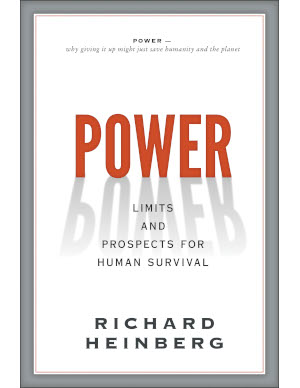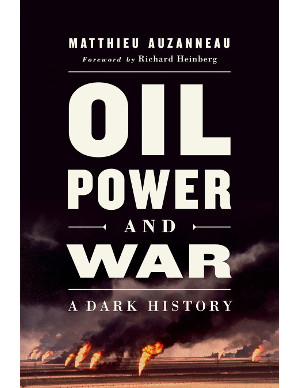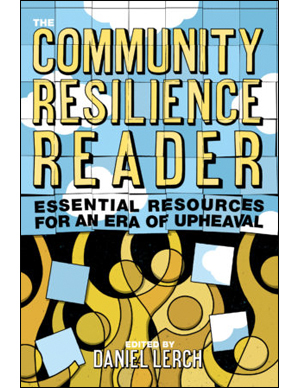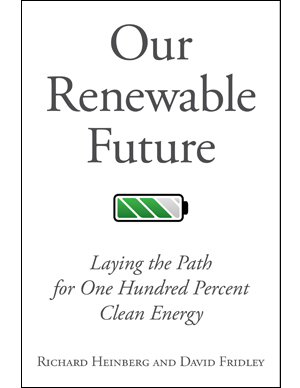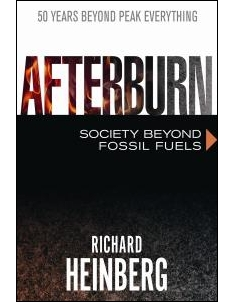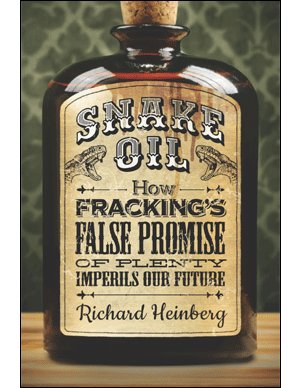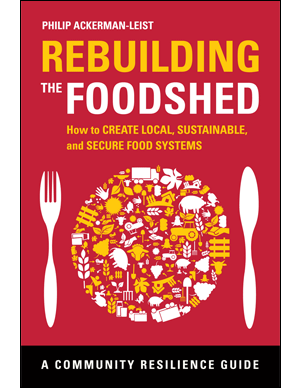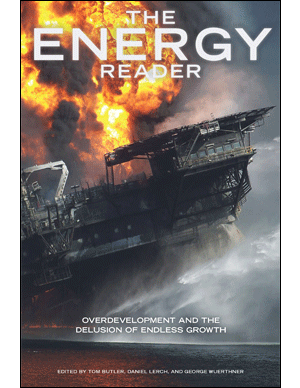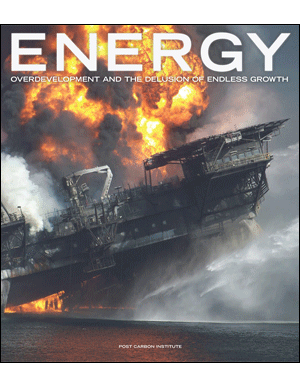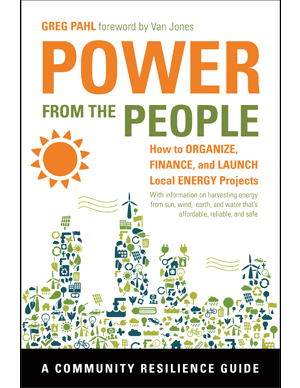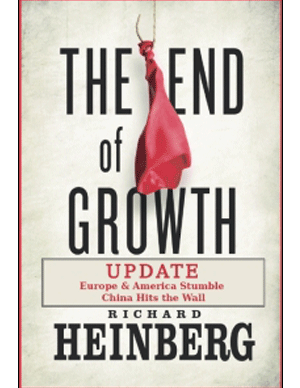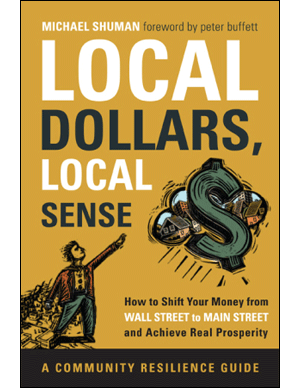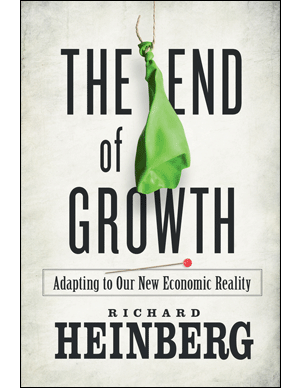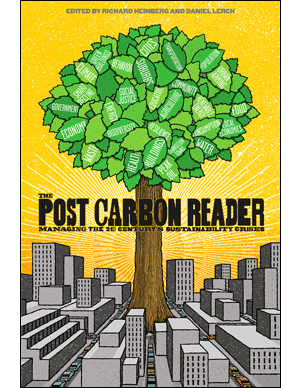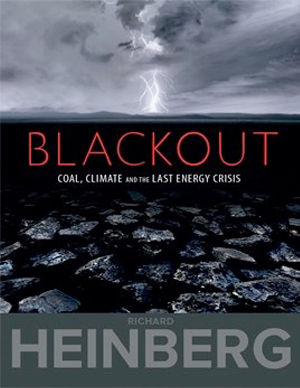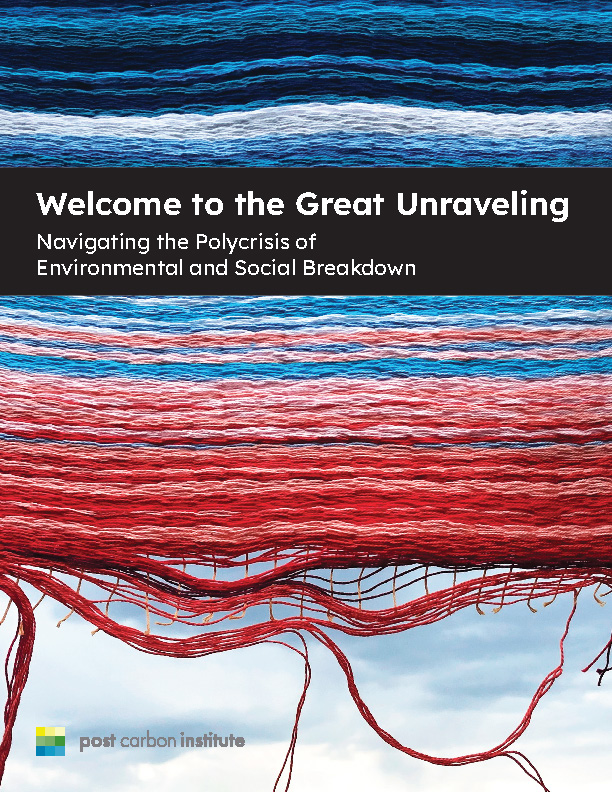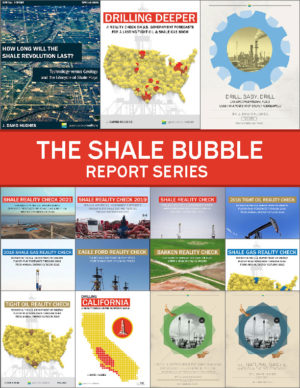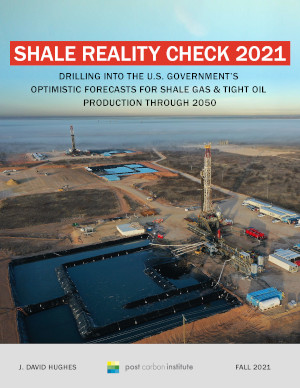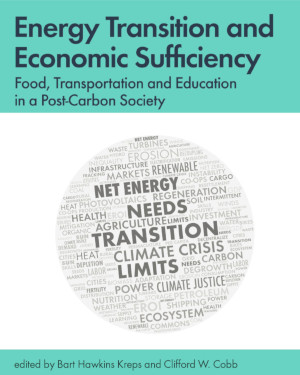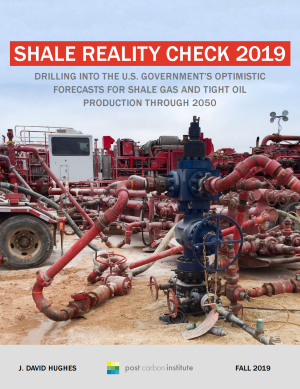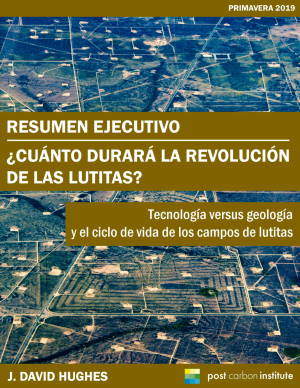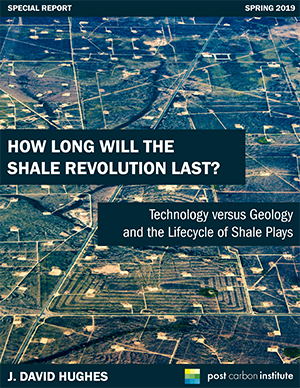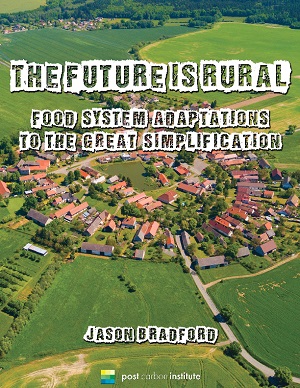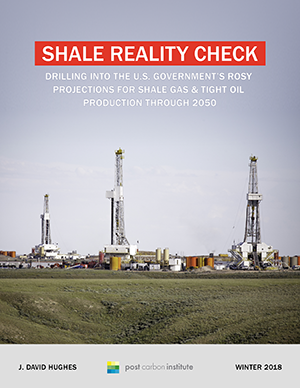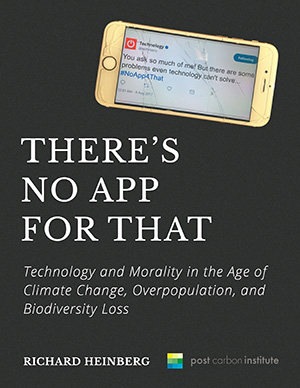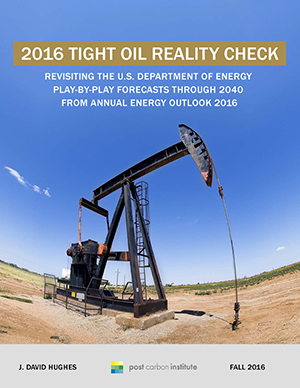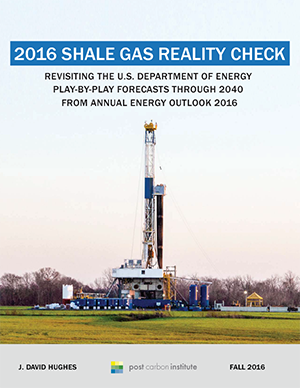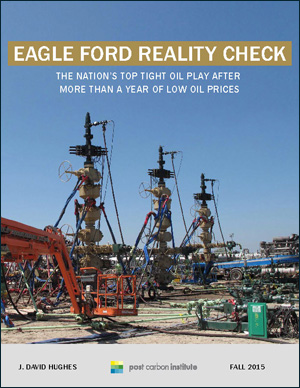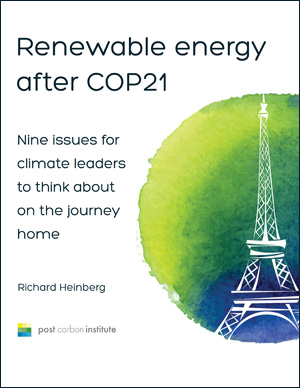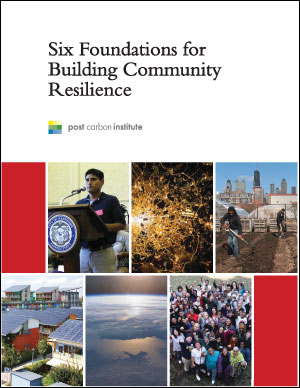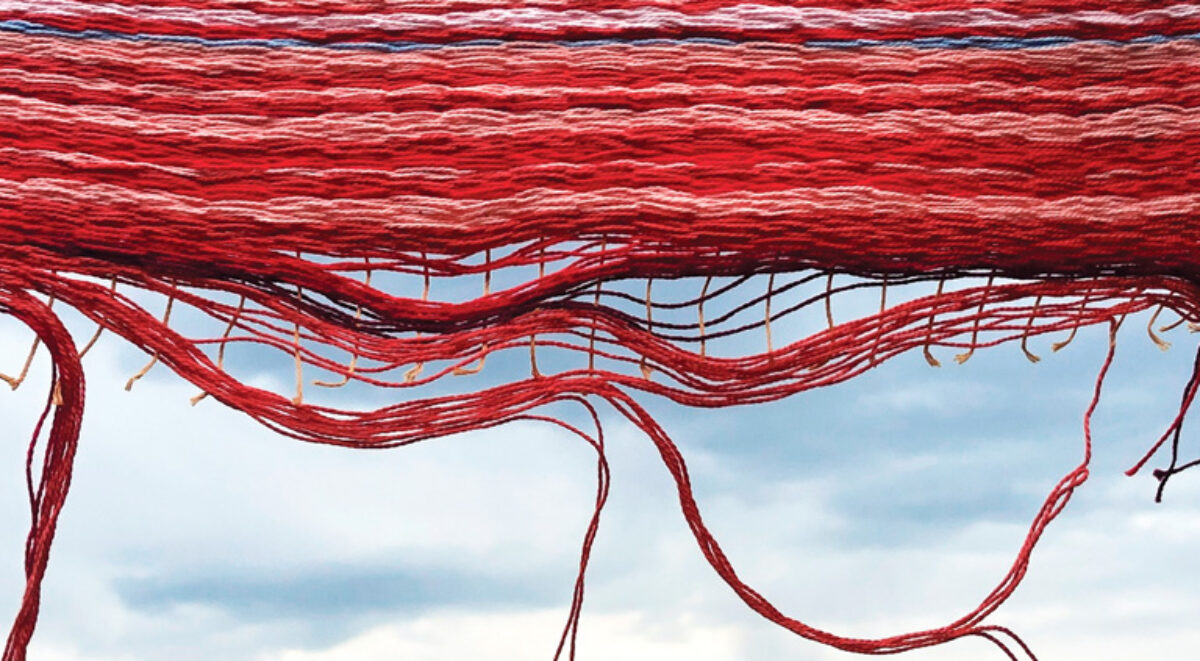
Navigating the polycrisis of environmental and social breakdown.
During the 20th century, humanity’s increasing adoption of fossil fuels as sources of cheap and abundant energy enabled rapid industrialization. The result was a massive increase in nearly all human activities and their ecological and social impacts, a process that has been called the Great Acceleration. Now, in the 2020s, the Great Acceleration is losing steam and shows signs of reversing direction. Thought leaders and policy think tanks have invented a new word—polycrisis—to refer to the tangles of global environmental and social dilemmas that are accumulating, mutually interacting, and worsening.
Humanity is now entering what some have called the Great Unraveling—a time of consequences in which individual impacts are compounding to threaten the very environmental and social systems that support modern human civilization. The Great Unraveling challenges us to grapple with the prospect of a far more difficult future, one of mutually exacerbating crises—some acute, others chronic—interacting across environmental and social systems in complex ways, at different rates, in many places, and with different results.
Related Projects
- Report: Welcome to the Great Unraveling seeks to build a coherent narrative about the roots of the polycrisis, the signs of its arrival and evolution, and why we should be thinking differently about the future.
- Event series: Mutual Aid in the Great Unraveling. These two webinars (first, second) featured activists and experts discussing importance of social ties and building community resilience during the coming times of the Great Unraveling.
- Interview and event series: The Great Unraveling? was a series of interviews and then an event with some of the world’s foremost experts on a broad range of environmental and societal challenges, to set a foundation for understanding the accelerating and interrelated stresses we face.
Image credit: Derivative of “The Great Unraveling” by Michele Guieu. Commissioned by Post Carbon Institute. LIcensed under Creative Commons BY-NC-ND.

